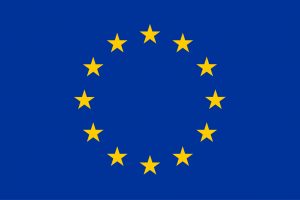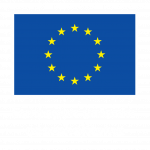

EU-backed TildeOpen outperforms tech giants in smaller European languages
TildeOpen LLM marks a significant milestone in Europe’s quest for digital sovereignty, delivering superior performance in smaller European languages that Big Tech models routinely neglect.

Text by Martti Asikainen, 3.10.2025 | Photo Adobe Stock Photos

Latvian AI company Tilde has unveiled TildeOpen LLM, an open-source large language model trained on Europe’s flagship LUMI supercomputer, introducing built-in safeguards against Russian disinformation.
With 30 billion parameters, the model outperforms global rivals in European languages whilst costing a fraction to develop, having been created by a 12-person team at Tilde Research Lab.
Superior performance across smaller languages
Most commercial AI models are trained primarily on English, leading to poor results for smaller European languages. TildeOpen directly addresses this gap by covering 34 languages, including all 24 official EU languages, plus Ukrainian, Norwegian, Icelandic, Turkish, and Balkan languages.
In public benchmarks, TildeOpen-30B sets a new state of the art on the Belebele reading comprehension benchmark, achieving an average accuracy of 84.7%. It outperforms leading open models such as Gemma-27B, ALIA-40B, and EuroLLM-22B, reaching 85.7% accuracy in Icelandic compared to Gemma’s 70.8%, and 85.0% in Finnish compared to EuroLLM’s 84.3%.
Thanks to a tokeniser and architecture adapted to morphology-rich languages, TildeOpen is also significantly more efficient: 41% better in Latvian, 37% in Lithuanian, 31% in Finnish, 28% in Estonian, and 28% in Polish compared to LLaMA-3, whilst also surpassing GPT-4o and Mistral.
Protecting against disinformation
TildeOpen integrates dedicated safeguards to filter disinformation and propaganda. To counter Russian state-aligned disinformation that has infiltrated global AI models, Tilde collaborated with media monitoring authorities to filter disinformation from training data and applied topic-modelling to block politically sensitive content from Kremlin-controlled sources.
Unlike global models hosted abroad, TildeOpen can be deployed locally or in trusted European cloud environments, ensuring compliance with EU data protection standards, the AI Act, and the forthcoming General-Purpose AI Code of Practice.
TildeOpen is among the first outcomes of the European Commission’s commitment to unleash Europe’s supercomputing power for AI startups and SMEs. The Large AI Grand Challenge, launched in November 2023, awarded Tilde €250,000 in funding and 2 million GPU hours on LUMI.
Europe's AI sovereignty in action
According to Artūrs Vasiļevskis, CEO of Tilde, for Europe to achieve true sovereignty in AI, it must move beyond dependence on English-centric models built elsewhere.
“TildeOpen proves that Europe can create its own world-class foundation models that are secure, multilingual, and built for our unique linguistic diversity”, he says.
Using remaining compute resources on LUMI, Tilde is working to extend TildeOpen’s context length from 8,000 to 64,000 tokens. The team is also preparing instruction-tuned versions aimed at specialised European tasks such as legal translation and e-government services.
TildeOpen is released on Hugging Face under a CC-BY-4.0 licence, allowing full flexibility for researchers, universities, startups, public administrations, and companies.


Finnish AI Region
2022-2025.
Media contacts